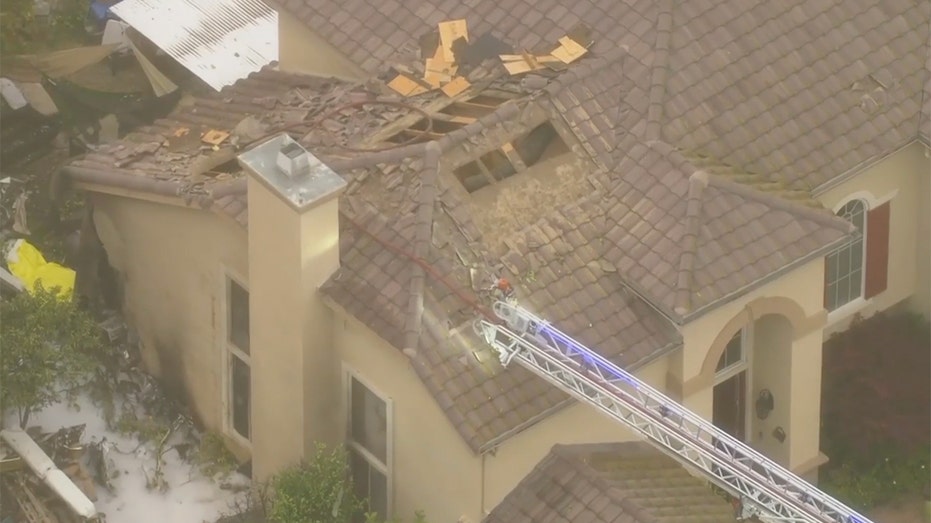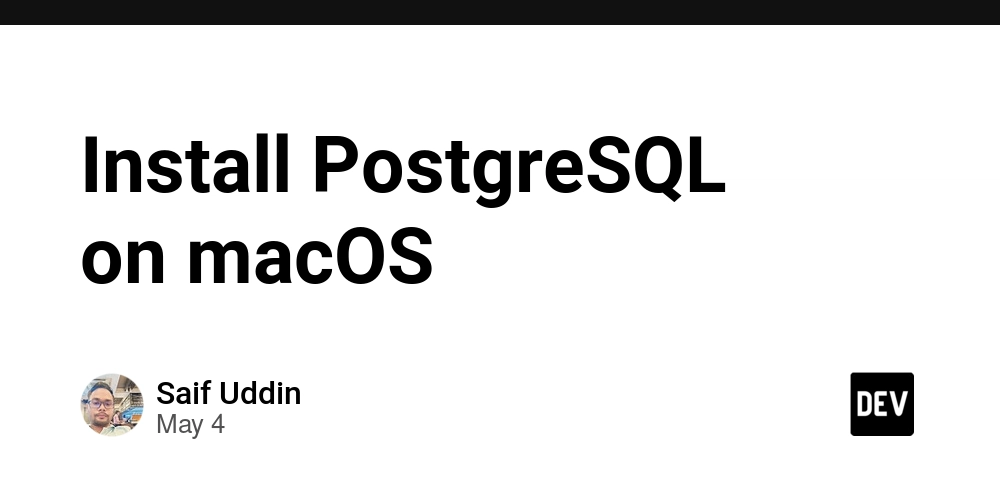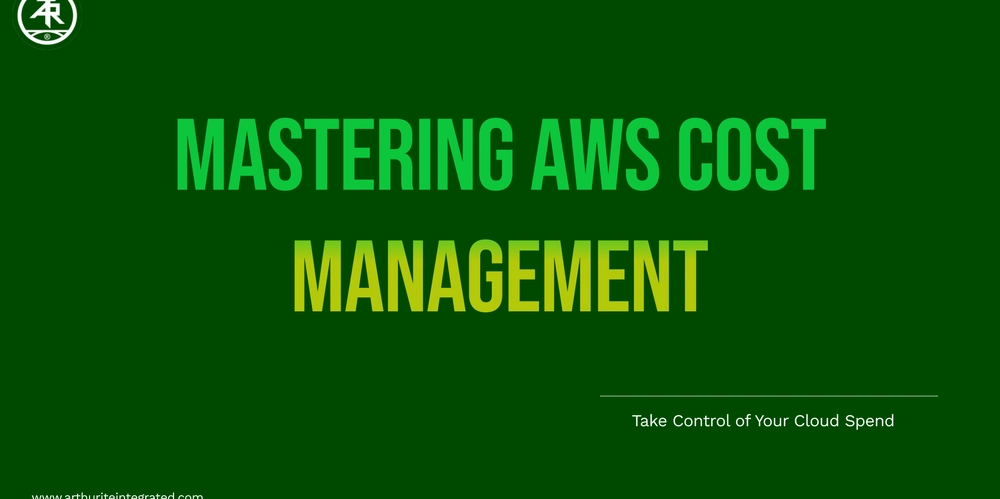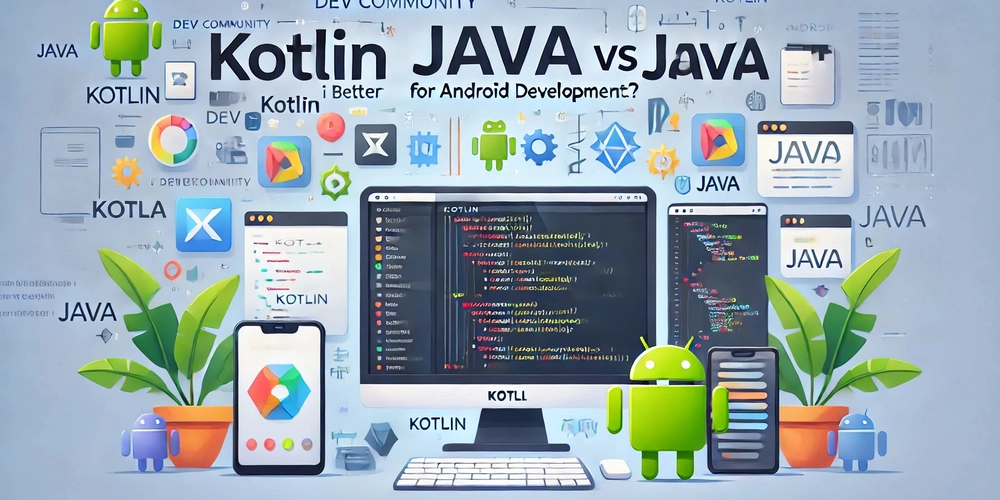Don’t Look at Stock Markets. Look at the Ports.
A drop in maritime traffic suggests that the worst is yet to come.

Stock markets plunged for days after President Donald Trump announced steep tariffs on imports from around the world. The sell-off ebbed only when he suspended most, but not all, of the new measures for 90 days. The ticker tape is just one indicator of an economy, and other signs are growing more and more ominous—including at the Port of Los Angeles, where high tariffs on China are crushing maritime traffic. “Essentially all shipments out of China for major retailers and manufacturers have ceased,” Eugene Seroka, the executive director of the port, said on April 24.
Trump views tariffs as essential to rebuilding the manufacturing economy that the United States once had. But his erratic tariff announcements have badly disrupted the economy that the country has today, and that pain is already being felt in the world of logistics.
“These are big, massive bullwhips that have not been seen since COVID,” Evan Smith, the CEO of the supply-chain-management company Altana Technologies, told me. “The tariffs themselves are a shock to the system, and the shock is echoed and amplified across the entire chain. Even if there is resolution, it will take nine to 12 months to work out these bumps.”
[Listen: Trump didn’t actually undo tariffs]
The Port of Los Angeles, the busiest in the Western Hemisphere, processes about 17 percent of everything the United States imports or exports in shipping containers. The adjoining Port of Long Beach accounts for another 14 percent. Over the years, a whole ecosystem has arisen to support the loading and unloading of the cars, clothes, electronic gadgets, and other things that people want. There are workers and warehouses, trucks and loading pads, security structures and rail lines.
Seroka estimated that cargo arrivals would soon be down 35 percent over the same time last year. At the moment, the drop in traffic seems likelier to accelerate than to reverse. The number of cargo ships canceling port calls or entire voyages is on the rise. A number of shipments now under way were instigated before Trump’s so-called Liberation Day tariff announcement, on April 2. According to Forto, a cargo-management and -tracking company, reservations for shipping products must normally be placed two weeks before a cargo vessel launches. The trip from China from California typically takes two or more additional weeks. In other words, the full effects of U.S. tariff policies on maritime traffic may not be apparent for some time.
The economy, and the supply chains that allow it to function, can adjust fairly quickly to certain shocks, including weather disasters and even a pandemic. Early in the COVID shutdowns, toilet paper was in short supply as Americans spent more time at home and less at workplaces and schools. The problem eased as manufacturers ramped up production, transportation systems adapted, and consumer anxiety decreased.
But Trump’s trade war is different because it is unpredictable and indefinite. Even if he were to renounce tariffs tomorrow, Trump has already shaken global confidence in American economic-policy making. No one can comfortably make business decisions based on what he does. Unless the Republican-controlled Congress steps in to quickly take away the president’s ability to impose import duties at will, a failed effort so far, even foreign trading partners who believe they have a deal with the United States could be at risk of capricious new taxes on their products.
[Read: Trump’s tariffs are coming for your chili crisp]
Tariffs don’t just reduce the flow of goods coming into the country; they also cause an atrophying of the logistics system that moves products into, out of, and around the United States. “Less cargo volume, less jobs. That’s the rule here,” Mario Cordero, CEO of the Port of Long Beach, said recently, describing how one in nine jobs in the greater Los Angeles region arises directly or indirectly from its ports. “Port complexes are like your baby toe on your foot,” Peter Neffenger, the former commander of the Coast Guard sector that includes Los Angeles and Long Beach, told me. “You don’t think about it until you break it one day and realize, ‘I can’t walk.’”
Like the shipping business into and out of Los Angeles, the nationwide trucking industry is slowing down, because drivers have a lot less cargo to move. Without inventory arriving or en route, small businesses will falter; bigger industries will shrink; shelves will be empty.
This week, Trump blamed former President Joe Biden, rather than his own policies, for the recent turmoil on Wall Street. What’s happening in Los Angeles suggests that, if anything, financial markets have yet to fully price in how much Trump’s tariff war is hurting the economy. The stock market goes up and down. Maritime indicators keep on sinking.


































































